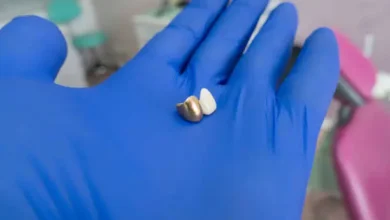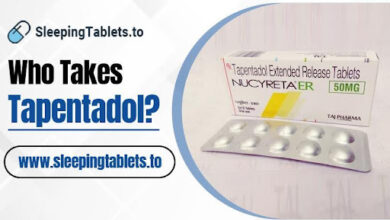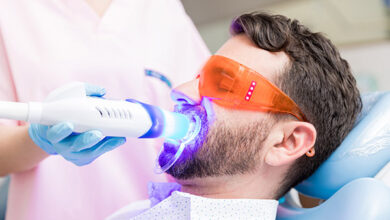Understanding Bruxism: How Botox Can Alleviate Teeth Grinding

Do you struggle with teeth grinding, also known as bruxism? This common condition affects many individuals, leading to disrupted sleep and potential dental issues. Discover how Botox, typically associated with cosmetic procedures, can help you with your teeth-grinding management in Birmingham, and all around the world.
What is Bruxism?
Bruxism refers to the habitual clenching or grinding of teeth, often occurring during sleep. This involuntary action can result in worn-down enamel, jaw pain, headaches, and disturbed sleep patterns. Identifying and treating bruxism is crucial to prevent long-term dental damage.
The Role of Botox in Bruxism Treatment
Botox, a neurotoxin derived from Clostridium botulinum, is widely recognized for its use in reducing wrinkles. However, its muscle-relaxing properties also make it effective in treating bruxism. When injected into specific jaw muscles, Botox inhibits muscle contractions, thereby reducing teeth grinding.
How Botox Works for Bruxism
Botox targets the muscles responsible for jaw movement. By temporarily paralyzing these muscles, it prevents them from clenching or grinding involuntarily. This intervention not only alleviates immediate symptoms but also protects teeth from further damage caused by excessive grinding.
Benefits of Botox Treatment for Bruxism
Pain Relief: Botox injections can significantly reduce jaw pain associated with bruxism.
Prevents Dental Damage: By minimizing teeth grinding, Botox helps preserve tooth enamel and prevents premature wear.
Improved Sleep Quality: Patients often report better sleep quality after Botox treatment, as nighttime grinding decreases.
Non-Invasive Solution: Unlike dental appliances, Botox offers a non-invasive approach to managing bruxism.
What to Expect During Treatment
Botox treatment for bruxism is relatively quick and straightforward. A trained healthcare professional administers small injections into specific jaw muscles. Most patients experience minimal discomfort during the procedure.
Results and Duration
The effects of Botox treatment typically become noticeable within a few days and can last for several months. To maintain results, follow-up treatments may be recommended based on individual needs.
Is Botox Right for You?
Consultation with a qualified healthcare provider is essential to determine if Botox treatment is suitable for managing your bruxism. They can assess your symptoms, discuss treatment options, and develop a personalized plan to address your specific needs.
Read also: Meet the Delightfully Dazzling Bubble Eye Fish: Your Underwater Companion
Conclusion
Botox offers a promising solution for individuals suffering from bruxism, providing relief from symptoms and protecting dental health. If you’re struggling with teeth grinding and its associated discomfort, consider exploring Botox treatment under the guidance of a healthcare professional.



